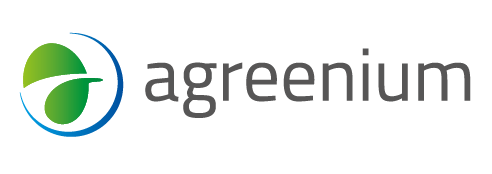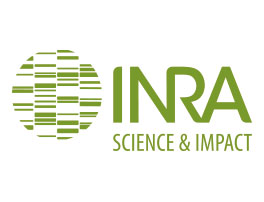training courses
Summer School on agroecology and animal production
July 2nd to 5th 2018 - VetAgro Sup
Clermont-Ferrand (France)
July 2nd to 5th 2018 - VetAgro Sup
Clermont-Ferrand (France)
Are you interested in agroecology systems? And specific in the livestock component? Would you like to broaden and deepen your understanding on this topic from a broad perspective and European context? Then this summer school might be something for you. Agroecology is receiving increasing attention as a sustainable solution for future agriculture. Livestock is a key component in agroecological systems. Yet livestock production gives rise to growing concerns about social and environmental consequences. Implementation of
the agroecological approach therefore is of growing importance for the future of agriculture, in specific livestock systems.
few places still available.
This summer school is organised by: Heleen van Kernebeek (WUR), Sylvie Vareille, (Agreenium) with collaboration of Fabienne Blanc from VetAgro Sup
Contact Agreenium: sylvie.vareille@agreenium.fr
Contact WUR: heleen.vankernebeek@wur.nl
Topics
- Theoretical framework for agroecological livestock farming systems
- How to realize transition
- Assessment of livestock systems under agroecological framework
- Innovations to allow agroecological transition
- Circularity in the food system
Approach
- Systemic approach: “animal” in interaction with other components of the “agricultural system”: forage and cropping system, (natural) resources, ecological environment, socio-economic and biophysical environment
- Multifaceted approach: Multi-criteria, multi-scale, and multi-disciplinary analyses, and decision systems
- Teaching methods: Lectures, Flipped classroom, Digital learning, Field and case studies, workshops
- Participation and interactions : Interactive teaching methods facilitate active exchange of knowledge and ideas with other participants and the experts involved in the course. Social activities offer the opportunity to expand your professional and private network.
Program
The course will cover a broad range of topics being broad to you by researchers from Wageningen University & Research (WUR) and Agreenium, including:
- System thinking - Prof. Imke de Boer (WUR)
- Agroecological principles - Ass. Prof. Magali Jouven (UMR Selmet)
- Animal health & welfare - Research Director, Isabelle Veissier (UMR H)
- Sustainability indicators and multi-criteria analysis - speakers to be confirmed
- Landscape transition - Prof. Yves Michelin (UMR Territoire)
- Nutrient cycling for a circular food system – Dr. Theun Vellinga (WUR)
Also included in the program is a conference by Jean-Louis Peyraud (Research director of INRA) and Martin Scholten (General director of the WUR Animal Sciences Group) about agroecological and circular food systems in the context of a growing food demand.
Target audience
The course is aimed at Ph.D and MSc from various sectors:
- Higher education and research: Ph.D students, researchers, teachers
- Professionals: research & development, advisor, consulting, technical support, public policy
The course primarily focusses on PhD candidates, however MSc students can also register to the course. In case we reach the maximum number of participants, we will give priority to PhD candidates: we might not be able to accept your registration.
Result
After completion of the Summer Course, you gained in-depth understanding of the holistic and interdisciplinary agroecological approach in relation to livestock systems. Furthermore, you are able to add new knowledge to your field of expertise and to anticipate on future developments in agroecology.
Practical information
Date: 2-5 July 2018
Location: Clermont-Ferrand (Centre of France), VetAgro Sup Campus
Course fee : Ph.D students: 395 €
Educational staff /post doc: 695 €
Professional / others: 990 €
The course fee includes course materials, coffee / tea, field trip, lunches and one dinner.
Course fee for PhD candidates from the WIAS graduate school of WUR are fully covered by WIAS. Please contact WIAS for more information
Accommodation facilities are proposed on campus (single room, breakfast and dinner).
Discount on educational costs for professionals
few places still available.
After submission of the registration form, you will receive an email to confirm that we have received your registration. Registration does not automatically mean that you can enrol in the course, because we have limited number of places available and a large number of pre-registered. We will select participants to form a mixed group. You will receive an email by May 5th in which we inform you about whether or not you have been selected as participant, with more information on instruction for payment and logistical aspects.





